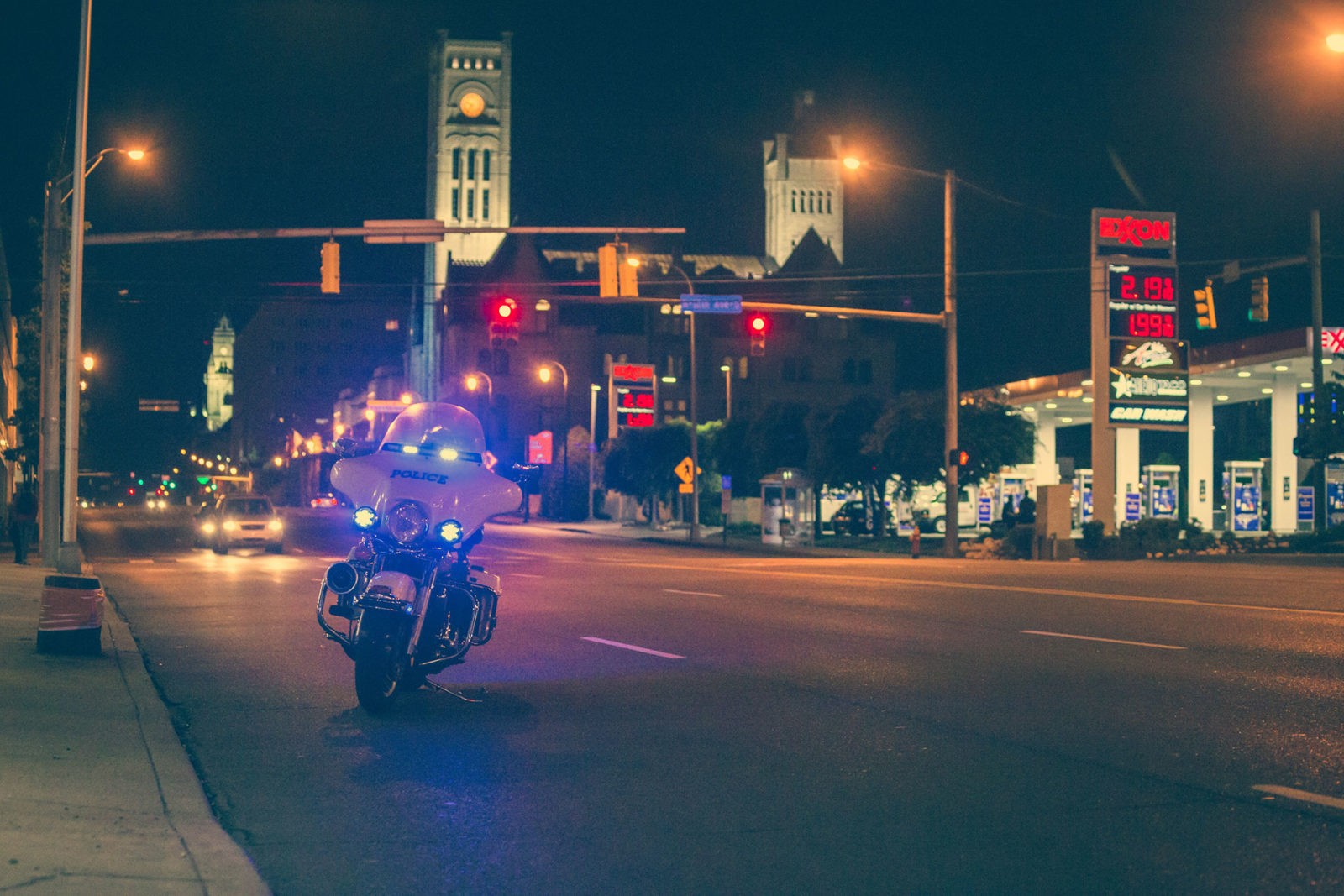
What Are The Field Sobriety Tests Used in Ohio?
Most DUIs begin with a mostly routine roadside traffic stop. The law enforcement officer may have seen you break a traffic rule. This could lead to them having a reason to suspect you of driving under the influence. Either way, an officer is trained to be on the lookout for signs of drinking, drug use or impairment.
Most times, the officer won’t be sure right off the bat if you are intoxicated or not. In other instances, the officer may have already made a snap judgment they are looking for evidence to back up their claim. If you find yourself in this position, they may ask you to perform what is known as a field sobriety test. Field sobriety tests are small challenges that should be easy for a sober driver while stumping and throwing off an impaired person.
The Three NHTSA Tests Include:
- Walk & Turn
- One Leg Stand
- Horizontal Gaze Nystagmus (HGN)
The state of Kentucky uses other tests and does not recognize the HGN test.
It is imperative to understand that you are NOT required to take these tests at all. You can politely decline the test without giving any reason why. The officer may still arrest you for suspected DUI, but now they cannot use a test to back up their claim. If you did, in fact, perform a field sobriety test prior to your arrest, please give our firm a call today.
Is the Field Sobriety Test Mandatory in Ohio?
The simple answer to this question is, “No.” You do NOT have to submit to a field sobriety test and there is not penalty or enhancement for refusal. In Ohio, you are within your rights to refuse a field sobriety test how you similarly can refuse a Portable Breathalyzer Test (PBT). We will examine the reasons why refusing a field sobriety test is recommended by a majority of DUI/OVI attorneys in Ohio.
First, here is a review of three different kinds of the field sobriety tests. Officers may conduct eye tests, the “walk and turn” test, or the “one leg stand” test. These different tests intent is to determine if the person pulled over has been driving under the influence. Keep in mind each of these tests is evaluated by a police officer from a completely subjective view. This will allow the officer to gather their own evidence to back up his or her potential suspicion of operating a vehicle under the influence.
It can be in your best interest to refuse a field sobriety test. The test is not mandatory, and the state cannot use you refusing the test against you in a court of law. Along those lines, if you take part in a field sobriety test, you are providing the state with additional evidence to substantiate a charge for a DUI/OVI.
If you are pulled over, the officer conducting the traffic stop will more than likely ask you a series of questions. You are only legally required to comply with the request for the license, insurance, and registration if you have been stopped by an officer. Any questions asked beyond that are usually for the benefit of the law enforcement officer. Answering these questions may be validate their suspicion that you have been operating a vehicle under the influence. If you find yourself in that situation, you do not need to give evidence against yourself. You are never obligated to answer further questions.
An officer may insist on a Portable Breathalyzer test before you are sent on your way. You can also refuse to perform the test without any consequence of losing your driver’s license. The police officer is not allowed to use your lack of taking a Portable Breathalyzer Test (PBT) as evidence against you in your DUI/OVI case, there are no license ramifications or enhancements from refusing a portable breathalyzer test.
Although the National Highway Traffic Safety Administration (NHTSA) has developed a multitude of standardized tests to help law enforcement, there are plenty of factors that could lead to a field tests being administered improperly. If you suffer from a physical or psychological condition, testing conditions will not reflect those modeled through the National Highway Safety Administration. Again, these tests are completely subjective and are conducted at the site of the traffic stop to solidify the probable cause. They can assist the officer in making an OVI/DUI arrest.
If you are stopped for a DUI/OVI in Ohio, please contact our firm today, our experienced DUI/OVI defense attorneys would be happy to help you with your charge and determine how to proceed in your case.



